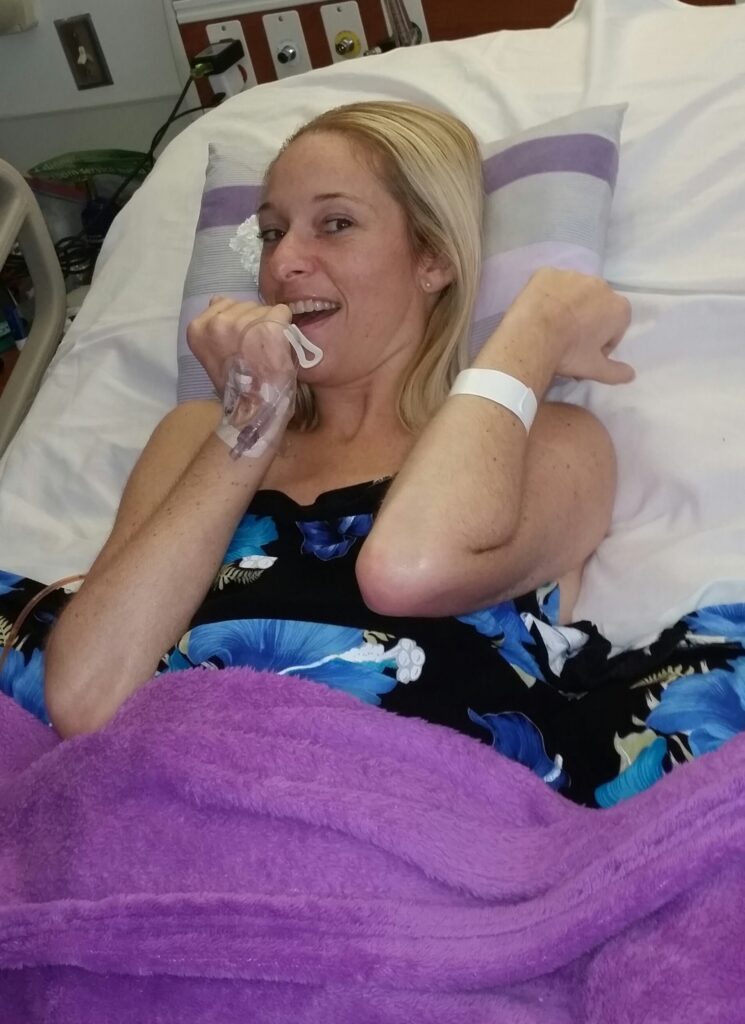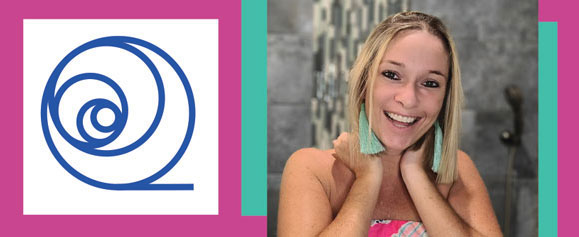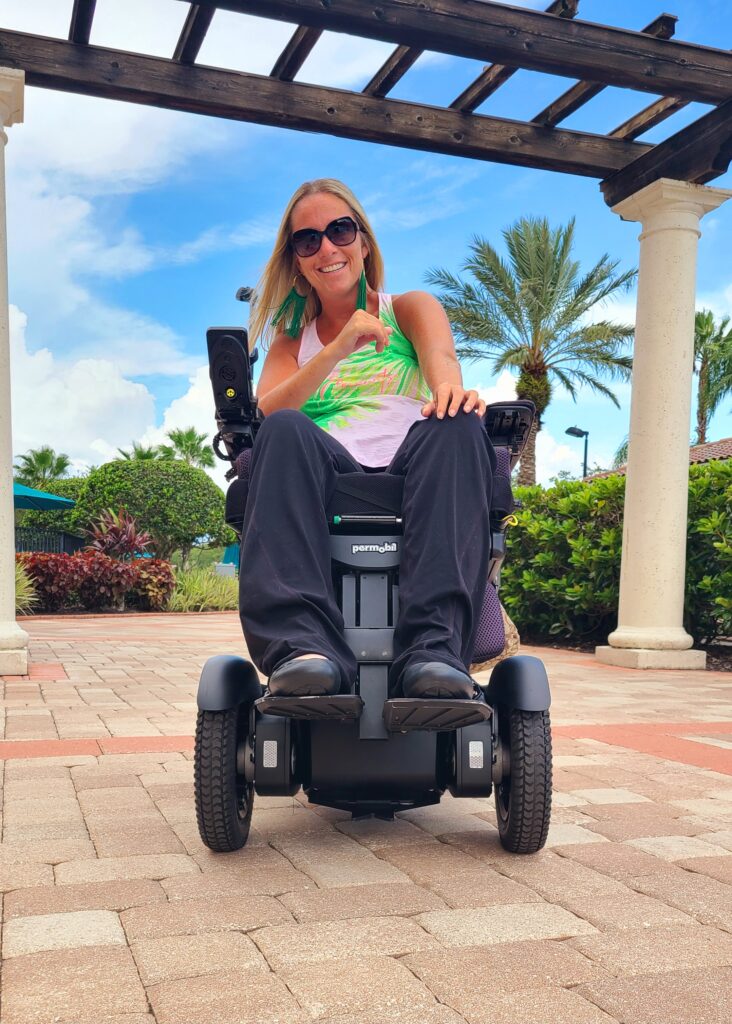
As we approach the end of Disability Pride Awareness Month this July, I am reminded of the fragility of living my life as a quadriplegic and all that I’ve been through. I’ve actually been thinking quite a lot about certain conversations involving tremendous giggling with my caregivers about the absurdity of the completely normal conversations we have in my everyday life with my disability. They are funny, quirky, raw, and truly the authentic side of my life as a wheelchair user.
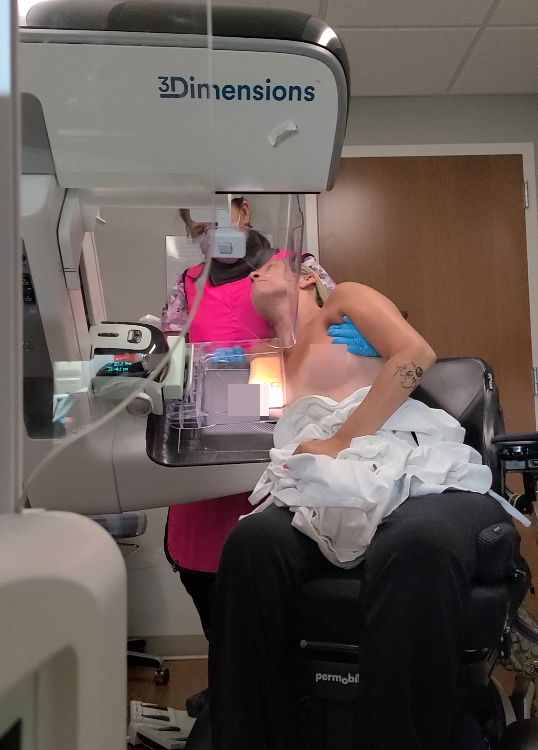
Upon further reflection I was wondering why I have the need to share this with the world? Most of what I write and speak on center around the core message of normalizing highly uncomfortable topics in disability life with a dose of dark humor and authenticity.
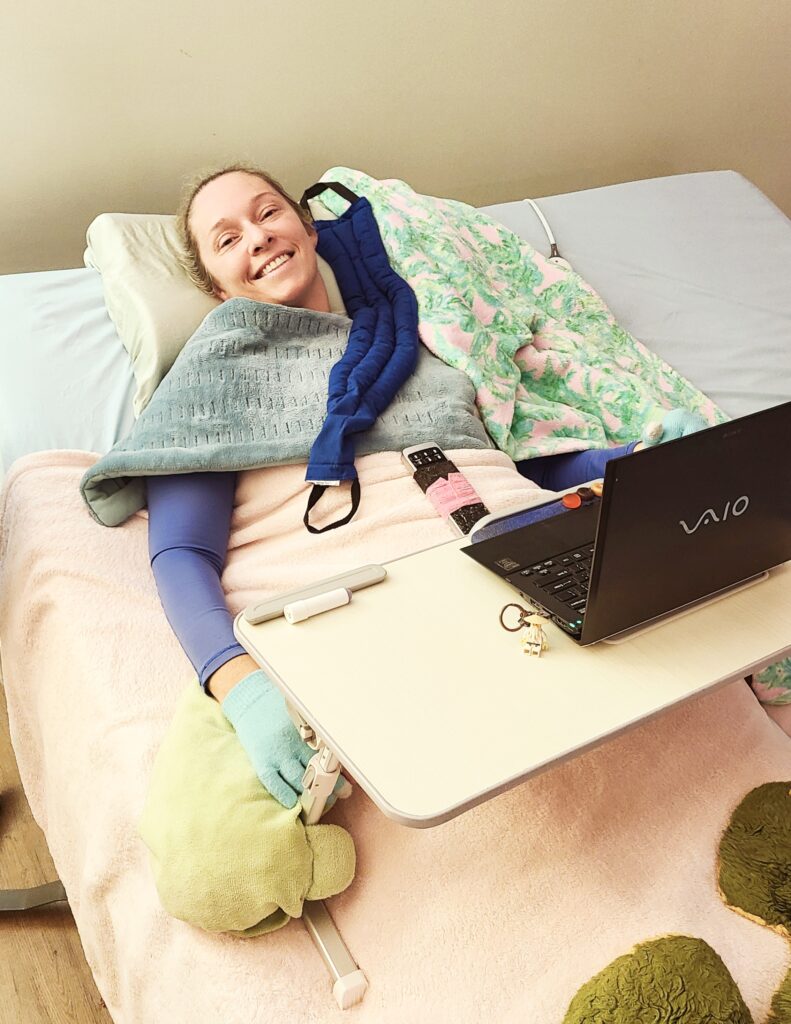
It’s not what you do, it’s why you do it
I’ve always been pretty open about my life, probably too much, and over the last few years I’ve completely turned my life upside down professionally to switch careers.
I returned back for the most epic experience I’ve had in many years after attending the National Speakers Association 50th Anniversary Influence Conference. I was listening to the top global speakers around the world and something hit me. In my soul, I finally figured out what my purpose is in life.
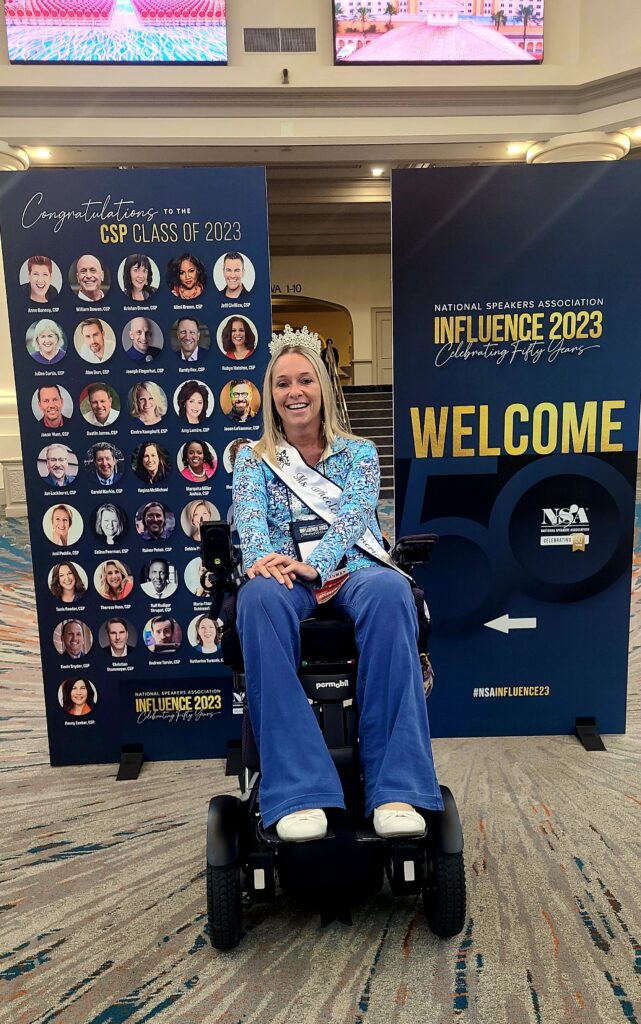
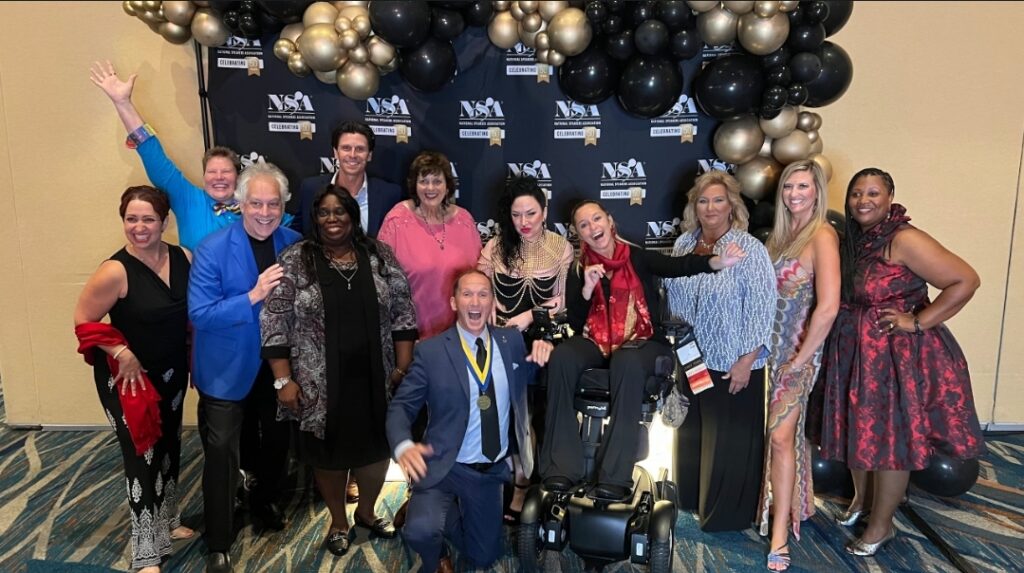
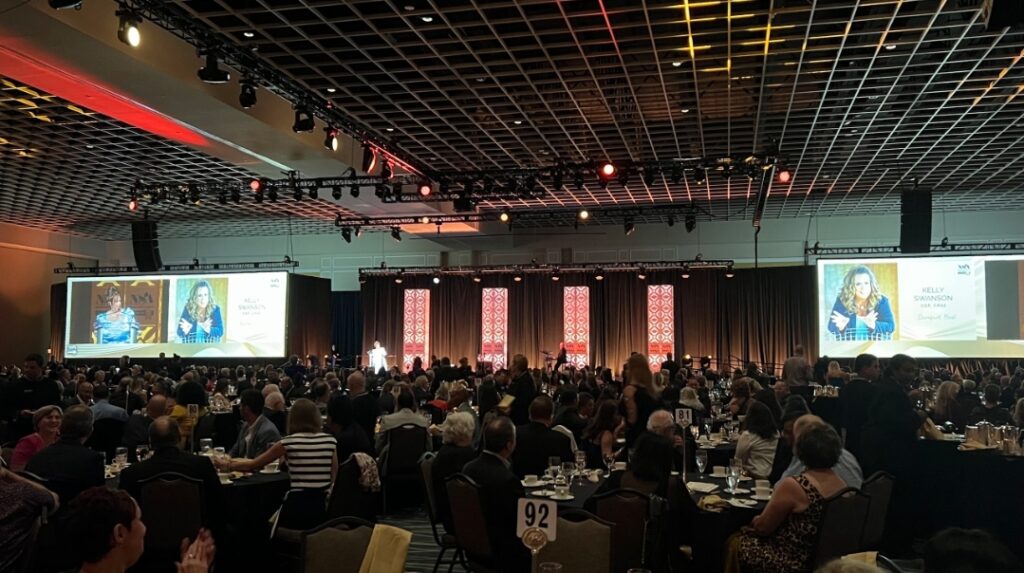
I’ve started speaking on larger stages and doing more writing for magazines as of late, and realized that my message was getting a little bit muddled. I kept focusing on chatting about what I do and not why I do it.
Let’s dive in …
What I Do
I work in disability inclusion consulting for gorgeous organizations advancing digital accessibility, inclusive disability research, coaching employee resource groups, and so much more. I love it. It’s hard work, long hours, but the question remains why do I do it? Why do I get up on stage and speak? Why are the articles I write about pretty intense topics through the lens of my personal life more popular than others?
The Why
The why has become crystal clear after attending this conference with 1200 individuals. I love to inspire and empower others around the globe through comedy and kindness to offer prospective shifts, helping to change people’s personal perspectives or professional ones in their own lives.
How do I do this?
Authenticity with a huge dose of dark humor. More than that, using the lens of my own disability story, when I get up on stage – it is not about me. Let me repeat that: IT IS NOT ABOUT ME.
It is about the one person in the audience or reader who may leave with a take away, a smile, an action plan to change even just one small thing in their life to find their own slice of happy. Or, they leave feeling just a little bit less alone because someone else in life can relate to them.
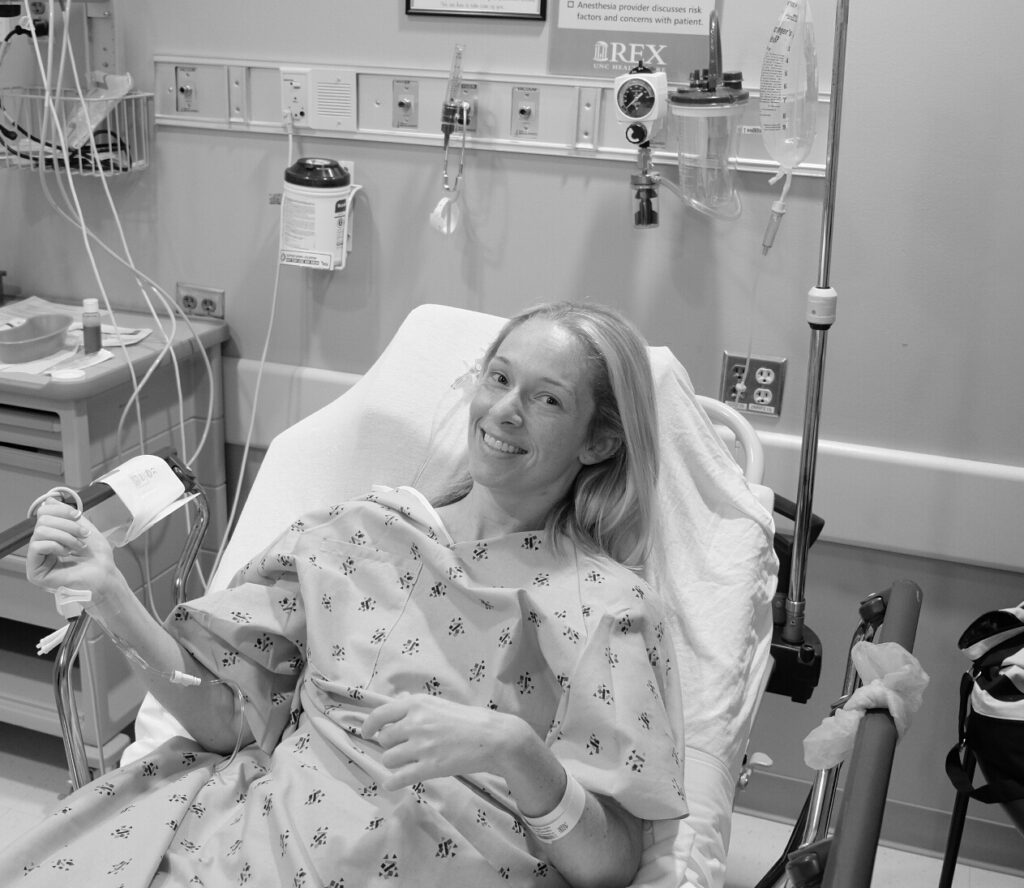
Let’s Down and Dirty
As with anyone with a seen or unseen disability, life can get complicated. The mental mountain many of us have to climb each day to sometimes just get out of bed with seemingly insurmountable challenges can be mind-boggling. It’s just like Sisyphus rolling the boulder up the mountain only to have it fall down on his head again. Why did he keep pushing the boulder up the mountain only to have it roll back down again on him and then push it back out. He refused to give up.
As a quadriplegic, the physical things I have to deal with in a day are just downright painful, unpleasant, and not fun. I’m not sure who said life is fair, but you can interpret that how you would like.
It’s still unclear to me if I’ve always been genetically wired this way or have built this up over time since breaking my neck 13 years ago, but I always seem to find the positives in life. Don’t get me wrong, I am not always positive. Life is hard. However, when I mix in what I have to deal with on a daily basis with a ton of comedy it helps me. I think it helps others because they always get a giggle from what I write, but it’s my coping mechanism in this one life we have to live.
I’ve written countless articles and will write countless more on surgeries gone wrong, embarrassing bowel accidents, horrifying intimate stories ending in disaster, ICU Photoshoot’s with tubes coming out of my body, living in the hospital on and off for 7 years, the list goes on.
We all have our stories. Life is about stories. How we choose to view the stories is up to us with respect to the lessons we take out of them and how we proceed to move forward in our life with respect to our outlook on what we learn from these experiences.
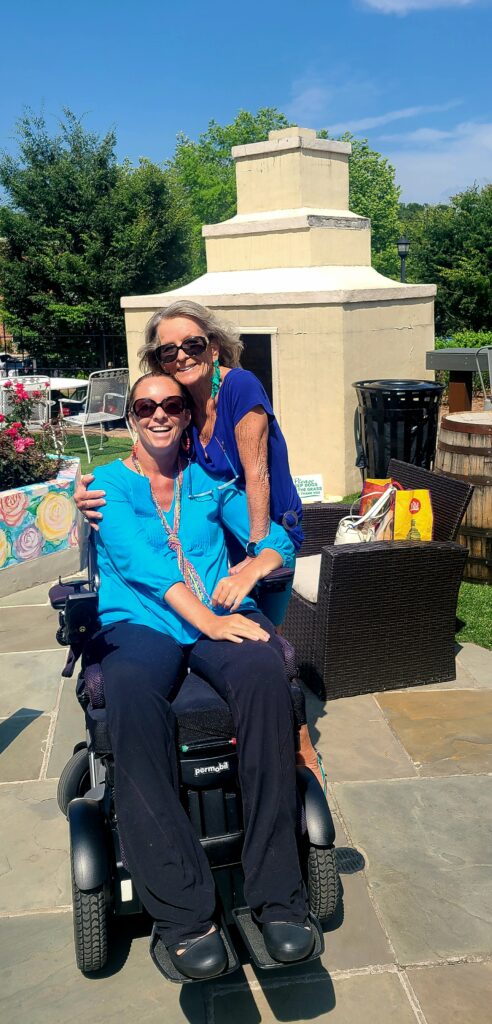
Things You Never Thought You Would Say
Getting back to comical conversations of my caregivers the other day, I’ve come up with a handful of questions that I usually ask on a regular basis. We were laughing so hard that we were nearly crying with the things that I seem to say. I wrote about it on one of my social media posts and I was just overjoyed with gratitude with how so many others in my situation could relate. These are not questions you normally ask other human beings, and they may make some people uncomfortable, but these are what many of us with significant mobility impairments deal with on a daily basis.
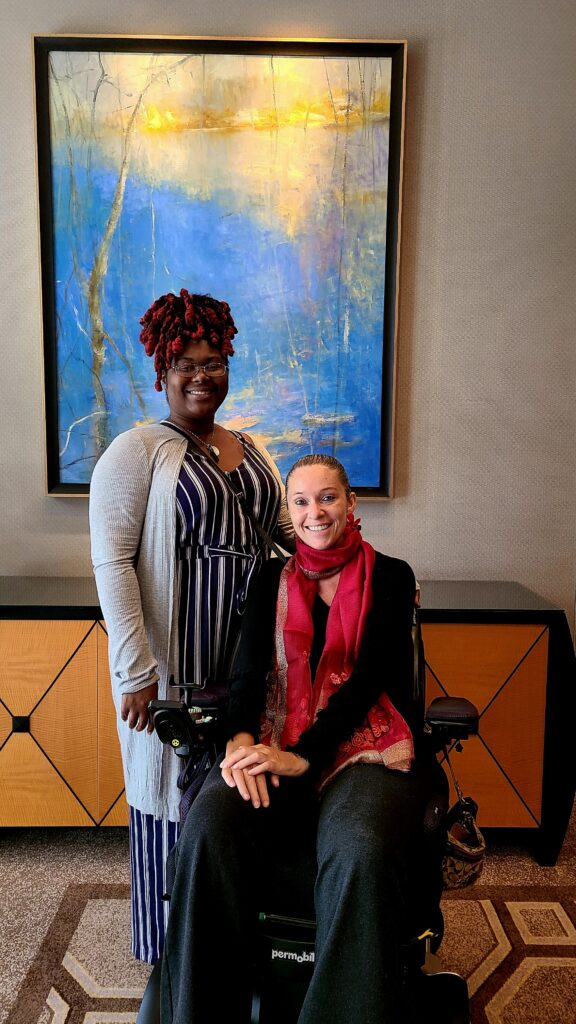
With that, here are a few examples of some of the comical questions I was mulling over the other day that are part of my everyday life:
1.) “Can you check my butt” (in reference to checking my skin for red marks for pressure sores every day)
2.) “Help. I tooted. Can you make sure I did not have a bowel accident” (true reality of lack and bowel and bladder sensation with a spinal cord injury. Shit happens and so does everything else. We all do it, but we just don’t talk about it)
3.) “I think Petey (my suprapubic catheter inserted permanently into my bladder [yes, I named him] is clogged. I don’t seem to be peeing”
4.) “Just pull hard. Make sure to really get it up there” (in reference to pulling up my pants over my pear-shaped body with some hips and thighs when I’m turning left and right in bed as my caregivers try to dress me)
5.) “Oh gosh, my bag broke. I’m peeing all over myself (in reference to my catheter leg bag sometimes breaking at the seams)
6.) “Oops, my foot fell off. Quickly, put it back on” (in reference to involuntary muscle spasms accompanying spinal cord injury where my leg kicks my feet off their foot plates)
7.) “Can you really make sure to get under my butt please. I want it to be really smooth” (in reference to smoothing out all the wrinkles under my butt at nighttime under my sheet because I am highly prone to pressure sores after spending a year in bed will double surgeries)
8.) “Crap. No, I really mean crap, I had a bowel accident.” (You tend to regulate your body with a regular bowel program or regiment over time, but just like any able-bodied person can get diarrhea, so can quadriplegic. We just don’t have the luxury running to the bathroom)
9.) “We really need to be in bed more together” (in reference to relaxing with my caregiver on my bed at the end of the day giggling over social media silliness)
10.) “My boobs aren’t quite straight. Can you move it over a little” (in reference to making sure my paralyzed boobs are even when putting on a cute tank top)
11.) “Oh God. I wet the bed again.” (In reference to my catheter bag detaching from my catheter and soaking my entire bed. Yes, it happens more often than you think)
12.) “Please pull it out” (in reference to pulling out the wedgy of my pants so I don’t look like Steve Urkel forget wrinkles inside my inner thighs of my pants. A common problem with quadriplegic dressing)
Truthfully, I’ve only scratched the surface of some of the most comical questions I asked my caregivers and my mom. Sometimes I wish we had a live video stream in my room because these conversations are comical, absurd, slightly disturbing at times, but truly represent my “real life.” The real life I live in my reality present day.
I share this in awareness of Disability Pride month in hopes that anyone, with a disability or without one, may not feel so alone with the uncomfortable things you may go through mentally and/or physically with your body.
When I was listening to $1 million speaker up on stage at the National Speakers Association, I had one thought the racing through my mind. It’s an odd one I kept thinking: “Gosh, how is he speaking for a whole hour and does not have the most tremendous dry mouth?” I probably should’ve been thinking of another lesson that he was speaking on, but because I take a medication called baclofen for my involuntary muscle spasms, which leads to dry mouth regularly, I just couldn’t get it out of my head.
I was then thinking about the 1200 participants in the audience. Specifically, how 1 in 4 of them have a disability and 8 out of 10 of them will acquire one at some point in their life. I wear my disability on the outside, although I do have unseen disabilities with my pain, so I can’t hide mine.
I don’t know why we try so hard to hide the uncomfortable, but I always do my best to showcase the authentic and raw side of life with humor. Listen, I’m not perfect. Of course, I have my own insecurities that often center around intimacy with my disability because there are things that are just not sexy. I’m constantly working on these things with my therapist and self-reflection, but life is a work in progress.
I want to build people up, not tear them down with judgment. I believe in camaraderie together in this cruel world we live in and continue to spread empathy, kindness, and awareness in this short life I have to live.
